Framwork’s DIY Computers
April 17, 2024
Recently I had a video chat with Jen Wang, someone who used to work in fashion resale for ThredUp, and now works in what I would call circular technology at a company called Framework. Simply put, Framework makes laptops that are easy to fix, upgrade and modify, all by the owner. I loved our conversation exploring how laptop computers (something I use every day) have always felt so precious and delicate, and how that could all change to a more friendly, less worried relationship with an easy-to-fix-yourself laptop.
Framework is a Series A startup, basically meaning they have raised money from venture capitalists once or twice at this point, and will probably have to raise money a few more times to get to a size where they are truly profitable and returning money on their investments. They are a small but growing company.
Jen had never worked with hardware before, she was in fashion, and before that she got her PhD from Stanford, where she focused on behavioral sciences, decision-making, and data (no big deal). The transition from fashion to hardware hasn’t been as jarring as she expected; the issues around consumer electronics feel similar to the issues she faced when she joined ThredUp 6 years ago. By the time she left ThredUp in 2023, resale had grown a ton and become mainstream. Consumer electronics feels similar now to resale six years ago; it’s a group of passionate people with the momentum of the right to repair movement behind them. ‘Right to repair’ is legislation passed in 4 states so far (including California and New York) that “requires manufacturers to sell parts, tools and provide the necessary documents to anyone who wants to repair their electronics at home or in local repair shops”. (link)
Jen was excited to get involved with Framework because, like fashion, consumer electronics are something that we all purchase with fairly regular frequency and can have impact with our buying decisions on a regular basis. Yes, we buy clothes a lot more than we buy laptops and cellphones, but we still can have impact with our decisions when we make a new electronics purchase.
We all have our drawer of old electronics- we all do! - that drawer of old phones, laptops, keyboards, chargers. That drawer is a kind of graveyard for items that were not designed to be repairable, upgradable and customizable (the three value propositions of Framework). In 2019 the rate of correct recycling of electronic goods was about 15%; there are ways to recycle electronics, but they are not highly accessible to all (which they should be).
One reason it’s extremely important to keep electronics in use and make recycling easy is that they use a lot of heavy metals whose supply chains have all sorts of impacts. Additionally, when they are improperly disposed of, those heavy metals can leech into the ground which as you’d imagine has negative impacts for all living creatures exposed to that leeching, humans included. If we look at a smart watch, for example, there are heavy and precious metals in the watch, but the thing that usually breaks first is the battery. If that battery could be easily replaced, ideally by the owner of the watch, those precious metals can continue their useful life as part of that watch for years.
Framework is based on the need to design things in a way that people can have a more compatible relationship with the electronics they use, starting with laptops. Jen showed me one of their laptops during our video chat. She actually dismantled the computer while we were talking.
It was really surprising for me to see her do this, and it was exciting to think that we could each have this type of relationship with our computers. One little thing she showed me that got me all starry-eyed was their replaceable USB-C expansion cards- the little ports where you connect USB or USC, or whatever they are called. AKA the connection ports that are crucial for using every electronic you own and yet seem to change with maddening frequency and make your existing electronics no longer usable unless you find the right dongle (yes, dongle). This frustrating experience is exactly why ‘right to repair’ exists. I feel I’m being taken for a ride every time I get a new phone that has a new type of charging port because all of a sudden we have a whole new requirement for our house’s charging station. On Framework computers, you can have multiple different plug-ins that are easily pulled out and swapped in. You can also add a storage card in that same port if that’s your priority. Most of the parts of the computer have a prominent QR code that you can scan with your phone to access resources including repair guides. Framework also provides one simple tool to repair and replace pieces, which I think is genius. Like the allen key you get with all furniture kits- love it!
To further the company’s circular ambitions, Jen is building out the marketplace for people to buy and sell Framework electronics to each other. I think this is a really key element to circularity: enabling a community to buy, sell and trade with each other to help keep their products in use. Framework has publicly said, “Our vision for Framework Marketplace is to keep every physical object in our product ecosystems in active and productive use for as long as possible, instead of sitting in a drawer or going into the landfill.” Touché.
Framework is trying to change our relationship to owning consumer electronics, i.e. don’t get a new one if it’s broken or outdated. Instead, purchase a computer and have it grow with you, over time.
The Podcast: Understanding Branded Resale
Make sure to catch up on the 2 episodes we have released so far in partnership with Archive. If you’re curious to understand how resale software companies work, how resale warehouses work and how they partner with brands, these episodes are for you!
Our third and final episode of this short season comes out tomorrow, April 18.
Until next week,
Cynthia

